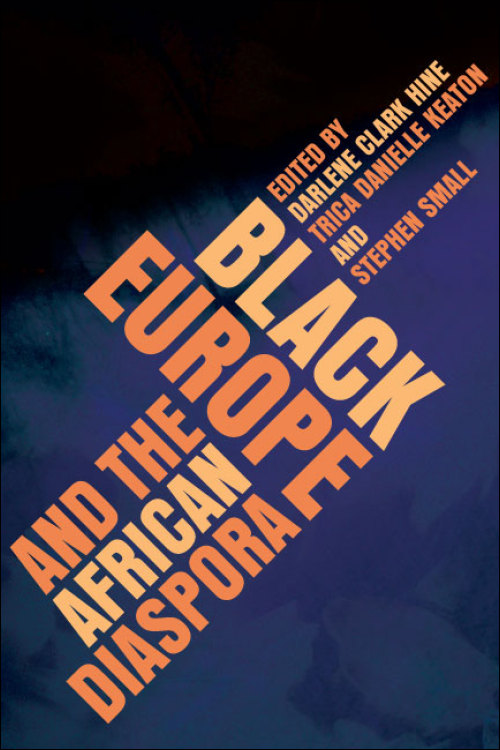Physics of Blackness: Beyond the Middle Passage EpistemologyPosted in Books, Literary/Artistic Criticism, Media Archive, Monographs, Philosophy on 2015-02-24 02:12Z by Steven |
Physics of Blackness: Beyond the Middle Passage Epistemology
University of Minnesota Press
February 2015
240 pages
5 1/2 x 8 1/2
Paper ISBN: 978-0-8166-8730-5
Cloth ISBN: 978-0-8166-8726-8
Michelle M. Wright, Associate Professor of Black European and African Diaspora Studies
Northwestern University, Evanston, Illinois
What does it mean to be Black? If Blackness is not biological in origin but socially and discursively constructed, does the meaning of Blackness change over time and space? In Physics of Blackness: Beyond the Middle Passage Epistemology, Michelle M. Wright argues that although we often explicitly define Blackness as a “what,” it in fact always operates as a “when” and a “where.”
By putting lay discourses on spacetime from physics into conversation with works on identity from the African Diaspora, Physics of Blackness explores how Middle Passage epistemology subverts racist assumptions about Blackness, yet its linear structure inhibits the kind of inclusive epistemology of Blackness needed in the twenty-first century. Wright then engages with bodies frequently excluded from contemporary mainstream consideration: Black feminists, Black queers, recent Black African immigrants to the West, and Blacks whose histories may weave in and out of the Middle Passage epistemology but do not cohere to it.
Physics of Blackness takes the reader on a journey both known and unfamiliar—from Isaac Newton’s laws of motion and gravity to the contemporary politics of diasporic Blackness in the academy, from James Baldwin’s postwar trope of the Eiffel Tower as the site for diasporic encounters to theoretical particle physics’ theory of multiverses and superpositioning, to the almost erased lives of Black African women during World War II. Accessible in its style, global in its perspective, and rigorous in its logic, Physics of Blackness will change the way you look at Blackness.
Contents
- Introduction. Many Thousands Still Coming: Theorizing Blackness in the Postwar Moment
- 1. The Middle Passage Epistemology
- 2. The Problem of Return in the African Diaspora
- 3. Quantum Baldwin and the Multidimensionality of Blackness
- 4. Axes of Asymmetry
- Acknowledgments
- Notes
- Bibliography
- Index

